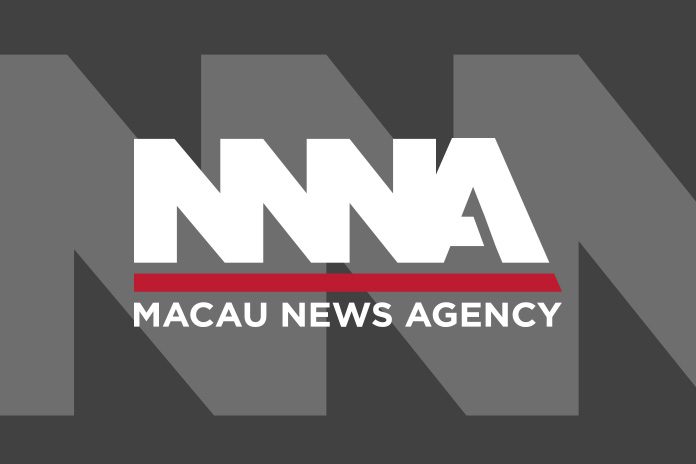Dublin – Ireland could face new elections when a political crisis comes to a head next week, bringing instability to Dublin just after it started flexing its muscles in Brexit negotiations.
Prime Minister Leo Varadkar is resisting calls by the country’s second largest party, Fianna Fail, for his deputy to resign over a long-running police whistleblowing scandal.
Fianna Fail has tabled a motion of no confidence in Frances Fitzgerald in parliament on Tuesday — and if it goes ahead, the minority Fine Gael government could fall.
After talks with Fianna Fail leader Michael Martin on Friday, Varadkar said they aimed to resolve the crisis.
“I don’t want there to be a general election. I don’t think Micheal Martin wants one either,” he said.
But he repeated again on Saturday that he believed his deputy had “done nothing wrong” in a controversy which relates to her time as justice minister between 2014 and 2016.
Fitzgerald faces questions about what she knew about the smearing of police whistleblower Maurice McCabe, a row that has already caused the resignation of two police chiefs and a justice minister.
The scandal also contributed to the departure of former prime minister Enda Kenny, who was replaced by Varadkar in June.
The stand-off comes as Ireland seeks guarantees from London over the border with British-controlled Northern Ireland after it leaves the European Union.
EU leaders — including Varadkar — will decide at a summit in December whether enough progress has been made to move Brexit talks to the next stage.
Varadkar wants commitments that the border will remain completely open, warning any new controls risk endangering the peace process, as well as hitting the economy on both sides.
‘Walked into a corner’
Analysts suggest that neither of the two main Irish parties want a new election so soon after the February 2016 vote, when Fine Gael was forced to seek the support of Fianna Fail to govern.
But the positions of both sides have become entrenched.
“The main players walked themselves into a corner,” said David Farrell, a politics professor at University College Dublin, adding the situation was mostly an “accident of circumstances”.
Michael Marsh, from Trinity College Dublin, said the whistleblowing row “certainly will not be the issue on the doorsteps, given a housing crisis, Brexit and economic recovery”.
But he said Martin was “being pushed by some of those behind him”, and perhaps did not want to lose ground to Sinn Fein, the third largest party which has also tabled a no-confidence motion.
Opinion polls suggest a new election — which both parties have suggested could come next month — would deliver a similar result as last time.
But a new deal between the main parties might be more difficult given the current circumstances.
By Julien Lagache





















